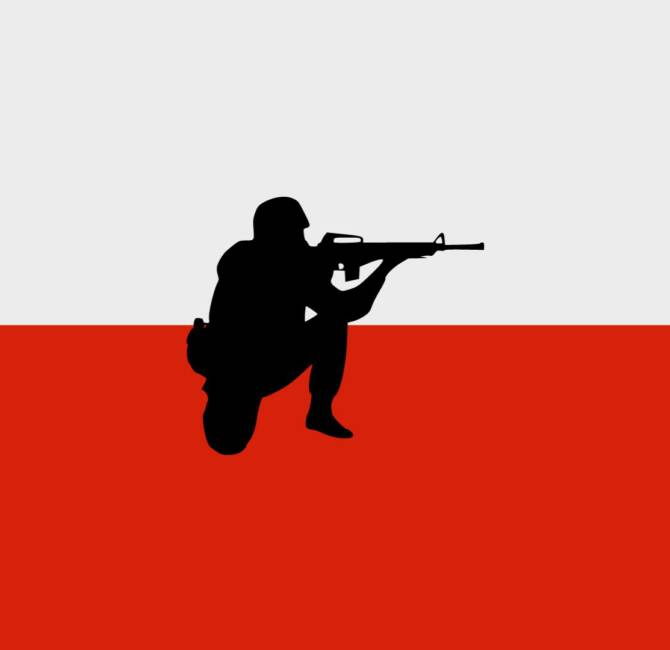Czech Republic/Hungary – On a visit to Hungary on 22 and 23 September, where he attended the 4th Budapest Demographic Summit together with a number of European political figures, Czech Prime Minister Andrej Babiš went to Röszke, on the Serbian-Hungarian border, to inspect the anti-migrant fence with his Hungarian counterpart and “good friend” Viktor Orbán.
Brussels is the weak point
Standing near the 175-km fence erected in 2015 on the border between Hungary and Serbia to deal with an unprecedented wave of illegal immigrants (a wave largely aggravated by Angela Merkel’s announcement that they would be welcomed in Germany), many from the Middle East, the heads of government of the two V4 countries reiterated their criticisms of the EU’s migration policy.
“The European Union does not have the will to protect the borders […] The weak point is Brussels, which says that anyone who wants to come from Afghanistan must be allowed in. […] This is treason.
Here, Viktor Orbán said, we protect the safety of the whole of Europe. […] I hope that the plan to bring people from Afghanistan here will be stopped.” For his part, Czech PM Andrej Babiš repeated that “the Czech Republic will not accept migrants, but will help them in their own countries”, whether in Afghanistan, Syria, or Libya. As part of his visit to Röszke, Mr Babiš symbolically presented two heated tents and ten military tents to the Hungarian units responsible for border protection. It was meant as a sign of Czech solidarity with the Hungarian effort to protect the European area, which could soon be supplemented by the dispatch of Czech troops to support the Hungarian forces.
Immigration cannot be the answer to the demographic crisis
In an interview published on 23 September by the conservative magazine Mandiner, the Czech Prime Minister further said: “Immigration, and in particular illegal immigration, cannot be the answer to the demographic crisis in Europe.
The migrants who arrive on our continent bring with them a culture and traditions radically different from our own […] It is estimated that within 20 years, indigenous peoples may become minorities in many Western countries due to high levels of immigration and higher fertility rates among these migrants.
This phenomenon can already be observed in several large European cities, such as Antwerp, Rotterdam, or Malmö.”




